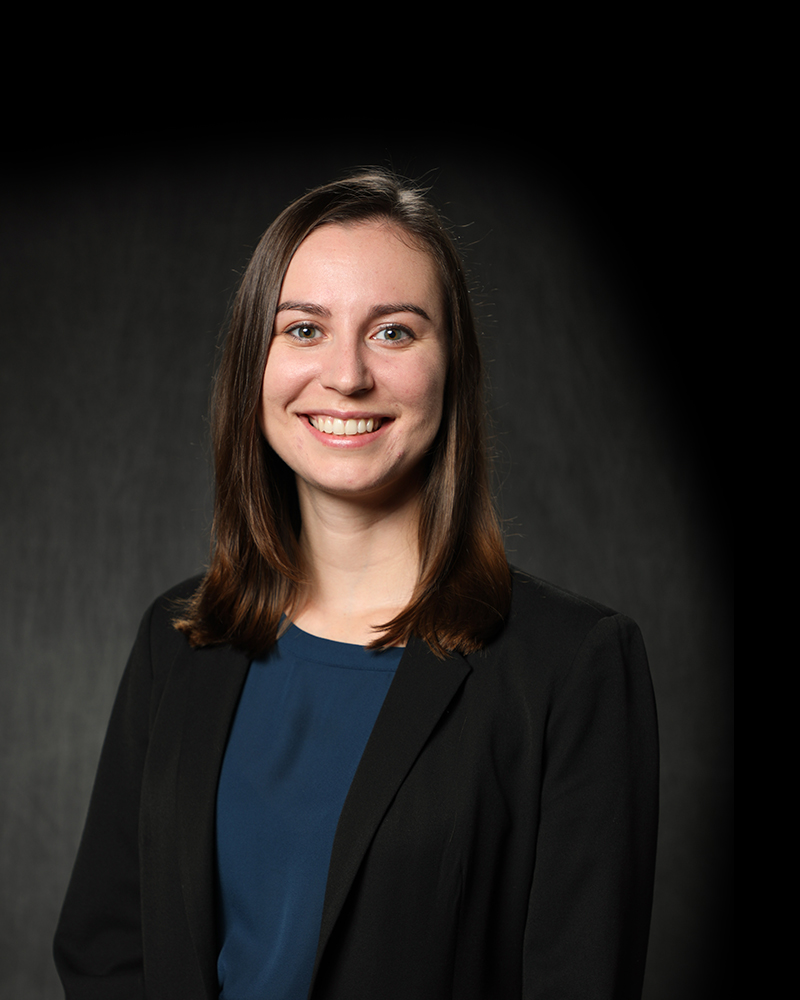By Keelin D. Bielski
The U.S. Supreme Court heard oral arguments on the patent enablement standard in Amgen Inc. v. Sanofi on March 27, 2023.
The question the Supreme Court will consider is whether the patent enablement requirement is governed by the statutory requirement that the specification must teach those skilled in the art to “make and use” the claimed invention, as stated in 35 U.S.C. §112, or whether it must teach those skilled in the art “to reach the full scope of the claimed embodiments” without undue experimentation.
Amgen owns patents that describe antibodies that lower LDL cholesterol by binding to and blocking a protein that effectively increases the amount of LDL cholesterol in the blood. When the protein is blocked, the amount of LDL cholesterol in the blood can be reduced. Amgen filed suit against Sanofi in 2014 alleging patent infringement.
The relevant claims are genus claims, or claims that encompass a group of “embodiments,” in this case, a group of antibodies. In particular, the relevant claims are directed to isolated monoclonal antibodies that bind to a particular residue of a protein, and block said protein, which increases the amount of LDL cholesterol circulating in the blood. Thus, the claims encompass the group of antibodies that perform a specific function: the ability to bind to a particular residue on the protein and block the protein. The specification of the patents disclosed 26 examples of antibodies that are encompassed by the claims.
A jury in the district court case found that the claims were enabled. However, the district court granted Sanofi’s motion for judgment as a matter of law holding that the claims were not enabled. Amgen Inc. v. Sanofi No. 14-1317-RGA, at *13 (D. Del. Aug. 28, 2019). Amgen appealed. The Federal Circuit agreed with the district court, and held that because “the functional limitations … are broad, [and] the disclosed examples and guidance are narrow, … no reasonable jury could conclude … that anything but ‘substantial time and effort’ would be required to reach the full scope of claimed embodiments.” Amgen Inc. v. Sanofi, 987 F.3d 1080, 1088 (Fed. Cir. 2021) (emphasis added).
Amgen filed a petition for a writ of certiorari arguing that the Federal Circuit created a heightened standard for enablement genus claims, noting that the “’substantial time and effort’ … required to reach the full scope of the claimed embodiments,” standard has no basis in the patent act and is a higher bar than whether a skilled artisan could “make and use” the invention. Despite the United States Government arguing that the Supreme Court should not review the case, the Supreme Court granted certiorari.
Following the grant of certiorari, over 30 amicus briefs were filed, split between the parties. John Augustyn of the Leydig Chicago office is Counsel on the amicus brief for the Intellectual Property Law Association of Chicago (IPLAC). Amici supporting Amgen argued that the Federal Circuit established a higher standard for enablement that is not governed by statute. Several amici argued that such a standard will hinder innovation, especially in the chemical arts and biological science fields because inventors will be motivated to file for and disclose one embodiment at a time. Inventors could then file an additional patent on the next embodiment that the inventor tests, thereby extending the inventor’s patent protection. Alternatively, the inventor could keep further embodiments, or even the entire “genus” as trade secrets, depriving of the public of the disclosure afforded by the patent system.
Amici supporting Sanofi argued that the Federal Circuit was following long-standing precedent and that functional claims like Amgen’s tend to be overbroad. The United States Government also filed an amicus brief, and participated in the oral argument. Notably, the country’s largest drug companies are split between the parties.
Whatever the Supreme Court decides will have implications not only on patent practitioners advising their clients on how best to protect their inventions, but also on patent attorneys advising their clients in defending patent infringement lawsuits. The practitioners should have an answer by July 2023, as the Supreme Court typically issues all of the opinions for the term by the end of June.

